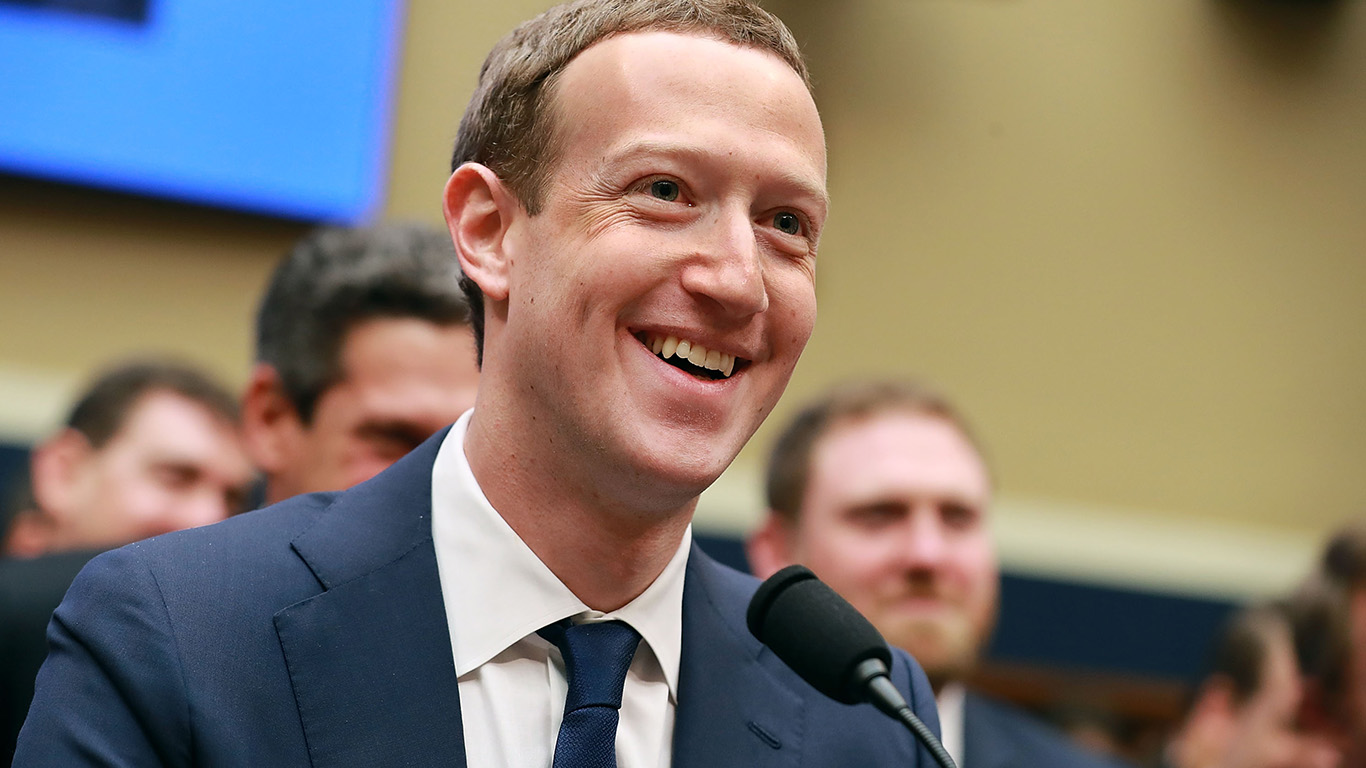
A new investigation shows Facebook Inc. (NASDAQ: FB) secretly released user data. According to The New York Times:
For years, Facebook gave some of the world’s largest technology companies more intrusive access to users’ personal data than it has disclosed, effectively exempting those business partners from its usual privacy rules, according to internal records and interviews.
The special arrangements are detailed in hundreds of pages of Facebook documents obtained by The New York Times. The records, generated in 2017 by the company’s internal system for tracking partnerships, provide the most complete picture yet of the social network’s data-sharing practices. They also underscore how personal data has become the most prized commodity of the digital age, traded on a vast scale by some of the most powerful companies in Silicon Valley and beyond.
Elon Musk will show his first transportation tunnel under Los Angeles. According to Reuters:
Billionaire entrepreneur Elon Musk made a brief public appearance late on Tuesday to unveil the first tunnel completed by the underground transit venture he launched two years ago as an ambitious remedy to Los Angeles’ infamously heavy traffic.
But contrary to some of his own hype from several months ago, free rides were not part of the grand opening.
In a 30-minute presentation carried by live webcast, Musk touted the newly finished 1.14-mile (1.83 km) tunnel segment as a breakthrough in low-cost, fast-digging technology being pioneered by his nascent tunneling firm, the Boring Company.
Pfizer Inc. (NYSE: PFE) and GlaxoSmithKline PLC (NYSE: GSK) will marry their consumer health businesses. According to The Wall Street Journal:
Pfizer Inc. and GlaxoSmithKline PLC plan to combine their consumer-health units, and eventually spin the joint venture off—creating a global giant selling drugstore staples like Advil and Sensodyne toothpaste.
The deal represents a surprise ending to a monthslong process by Pfizer to shed its consumer business, as it and other big pharmaceuticals focus more heavily on their higher-margin prescription-drug units. GlaxoSmithKline has been pursuing the same focus, though has until now stayed committed to its consumer health division, which its current chief executive led before her promotion to the top job.
Glaxo will hold a 68% stake and Pfizer the remaining 32%.
Stock buybacks have hit $1 trillion this year. According to CNBC:
It’s official: This is an all-time record year for corporate stock buybacks.
Announced buybacks for 2018 are now at $1.1 trillion. And companies are using their authorizations. About $800 billion of stock has already been bought back, leaving about $300 billion yet to be purchased. We’ve seen buyback announcements recently from Lowe’s, Pfizer, and Facebook, but in the last few days, as stocks have moved to new lows, companies are picking up the pace of activity.
Facebook defended itself against New York Times claims about privacy. According to a Facebook post:
Today, we’re facing questions about whether Facebook gave large tech companies access to people’s information and, if so, why we did this.
To put it simply, this work was about helping people do two things. First, people could access their Facebook accounts or specific Facebook features on devices and platforms built by other companies like Apple, Amazon, Blackberry and Yahoo. These are known as integration partners. Second, people could have more social experiences – like seeing recommendations from their Facebook friends – on other popular apps and websites, like Netflix, The New York Times, Pandora and Spotify.
To be clear: none of these partnerships or features gave companies access to information without people’s permission, nor did they violate our 2012 settlement with the FTC.
Take Charge of Your Retirement In Just A Few Minutes (Sponsor)
Retirement planning doesn’t have to feel overwhelming. The key is finding expert guidance—and SmartAsset’s simple quiz makes it easier than ever for you to connect with a vetted financial advisor.
Here’s how it works:
- Answer a Few Simple Questions. Tell us a bit about your goals and preferences—it only takes a few minutes!
- Get Matched with Vetted Advisors Our smart tool matches you with up to three pre-screened, vetted advisors who serve your area and are held to a fiduciary standard to act in your best interests. Click here to begin
- Choose Your Fit Review their profiles, schedule an introductory call (or meet in person), and select the advisor who feel is right for you.
Why wait? Start building the retirement you’ve always dreamed of. Click here to get started today!
Thank you for reading! Have some feedback for us?
Contact the 24/7 Wall St. editorial team.




